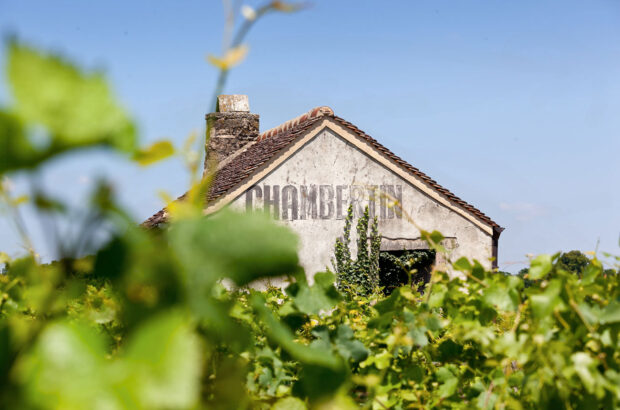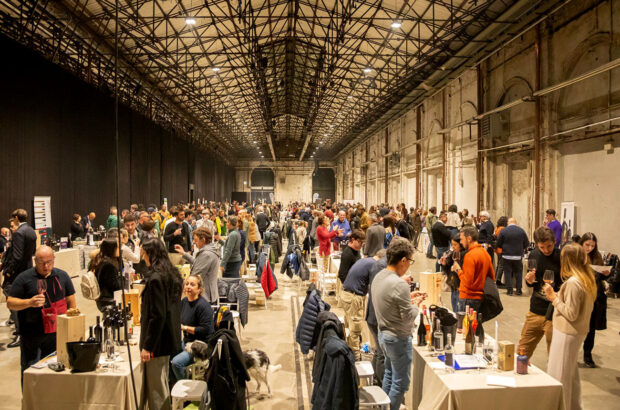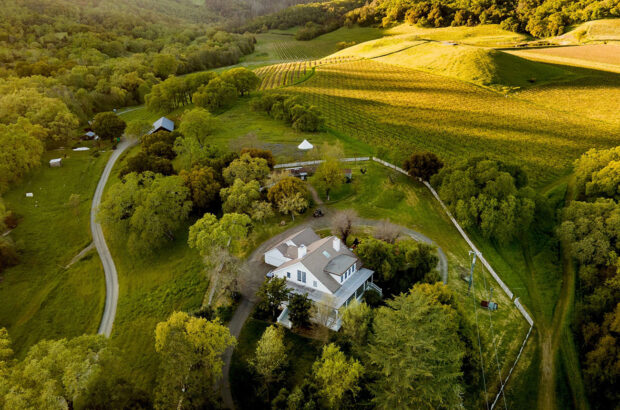More funds are being earmarked for wine production in Sicilian vineland confiscated from the Mafia.
Over €1bn has been invested in a European Union-Italian project to revive land, in the southern regions of Sicily, Calabria, Puglia and Campagna, which once belonged to Mafiosi such as Michele Greco and Salvatore ‘Toto’ Riina.
The Italian government has been seizing the estates of imprisoned mafia bosses for decades though it was not until 1996 that state legislation allowed these confiscated lands and properties, worth many millions of euros, to be used for the benefit of the people.
Since then, more than 4,500 properties in have been turned over to cooperatives.
In 2001 cooperatives in the village of Corleone, 60km from Palermo, began making what they called ‘anti-Mafia’ wines from confiscated land.
A white, Tempio del Monte Jato, announced on the label that it was ‘from Sicilian land confiscated from the Mafia’ and featured the nephew of a Mafia supergrass who was murdered for his uncle’s revelations in the early 1990s.
In Verona, at the Vinitaly trade fair, wines from the Centopassi vineyards around Corleone, named after I Cento Passi, the 2000 film about the life of murdered journalist Giuseppe ‘Peppino’ Impastato, are being shown.
Each one is dedicated to a Mafia victim – and the 2009 has been singled out for praise by Italian wine guide Gambero Rosso: ‘Wine can be a means of redemption for a land exploited by the Mafia’, it says.
Around €61m has been invested under an EU-Italian Programma Operativo Nazionale Sicurezza – which operates in Sicily, Calabria, Campania and Puglia. The wine part of the project involves 125ha of vineyard.
In another project announced at the weekend, the Unicredit bank is helping toward the establishment of new vineyards on 150ha near Palermo confiscated from ex-Mafia boss Michele Greco, who died in prison in 2008.
The conversion of the land is not always easy – much of it is legally owned by banks which foreclosed on the owners when they were imprisoned. At the same time, workers have been intimidated, crops burned and dogs killed.
‘It was discouraging, but then the project did well and created opportunities to work. At that point, the mood changed and the acts of intimidation stopped,’ said Francesco Galante, a spokesman for the Libera network, an organisation dedicated to the fight against Mafia and organised crime which oversees the distribution of confiscated land.
‘What was an emblem of the economic force of the Mafia is now becoming a symbol of Sicily’s rebirth,’ Sicilian economic commissioner Gaetano Armao said.
Written by Adam Lechmere







